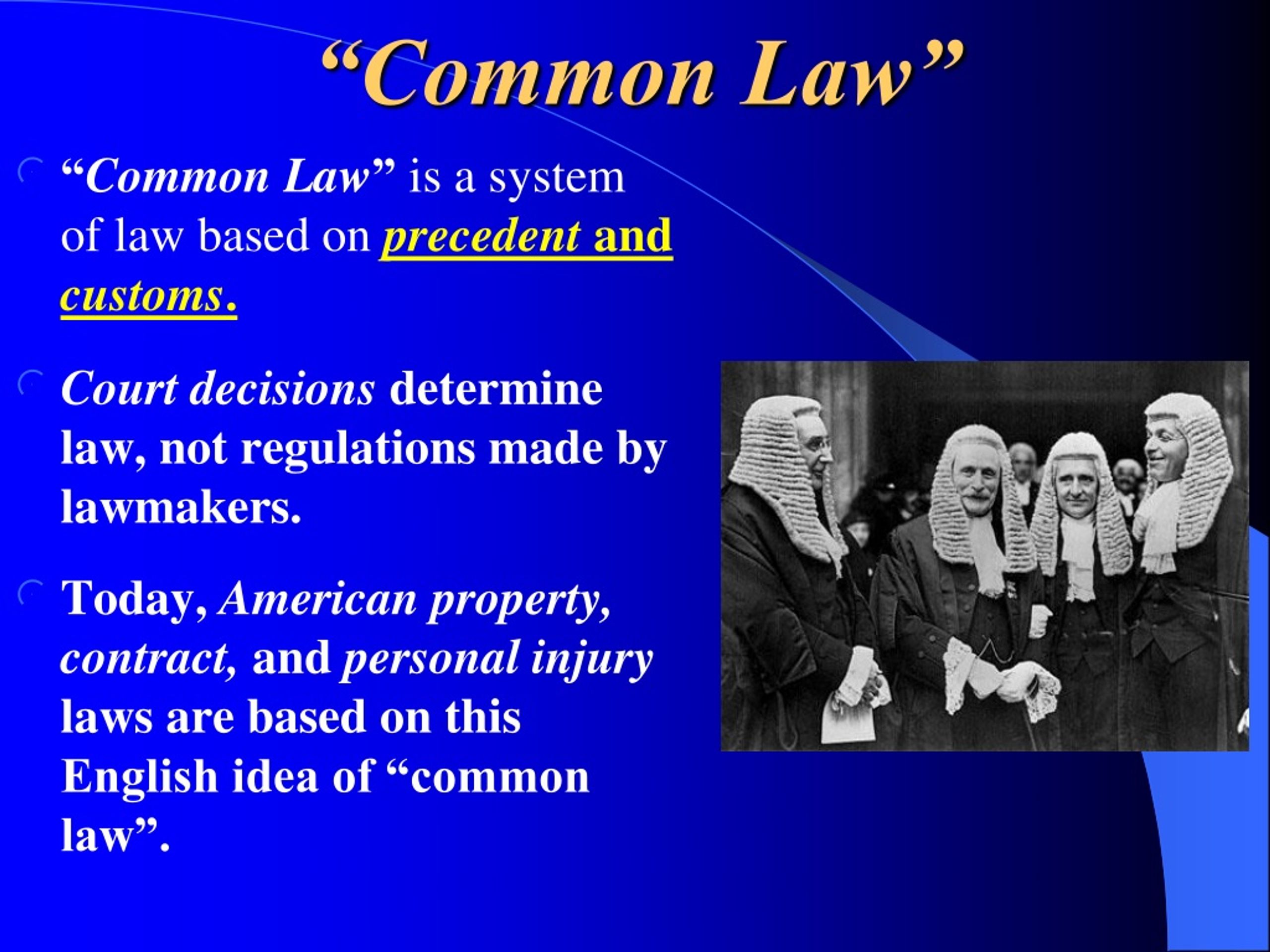What is a Common Law State?

A common law state is a state that uses the common law legal system to administer justice. This means that the state's laws are based on judicial decisions and precedents rather than on legislative statutes. In a common law state, judges play a critical role in interpreting and applying the law. They are responsible for making decisions that become binding legal precedents for future cases.
History of Common Law
The common law system originated in medieval England during the 11th century. At that time, the legal system was based on local customs and traditions that varied from one region to another. The king's judges began to establish a system of legal principles that would apply throughout the kingdom. These principles were based on the customs and traditions of the people, as well as on the judges' own sense of justice.
How Does Common Law Work?
In a common law system, judges make decisions based on the facts of a case and the legal principles that have been established through previous court decisions. These decisions become binding legal precedents that must be followed by lower courts in similar cases. This creates a system of law that is based on precedent rather than on legislative statutes.
Pros and Cons of Common Law
Like any legal system, common law has its advantages and disadvantages.
- Pros:
- Flexibility: Common law allows judges to adapt the law to changing circumstances and to make decisions based on fairness and justice.
- Stability: Common law creates a stable legal system that is based on precedent rather than on the whims of legislators.
- Cons:
- Complexity: Common law can be complex and difficult to understand, especially for non-lawyers.
- Inconsistency: Because common law is based on judicial decisions, there can be inconsistencies in the application of the law from one case to another.
FAQs
Q: What is the difference between common law and civil law?
A: Common law is a legal system based on judicial decisions and precedents, while civil law is a legal system based on legislative statutes.
Q: What countries use the common law system?
A: The common law system is used in most English-speaking countries, including the United States, Canada, Australia, and the United Kingdom.
Q: What is the role of judges in a common law system?
A: Judges play a critical role in interpreting and applying the law in a common law system. They are responsible for making decisions that become binding legal precedents for future cases.
Q: What are the advantages of a common law system?
A: The advantages of a common law system include flexibility and stability.
